Self-Taught Programmers’ Definitive Guide
$64.00
This book is not just about learning to program; although you will learn to code. If you want to program professionally, it is not enough to learn to code; that is why, in addition to helping you learn to program, I also cover the rest of the things you need to know to program professionally that classes and books don’t teach you. “The Self-taught Programmer” is a roadmap, a guide to take you from writing your first Python program, to passing your first technical interview.
This book is not just about learning to program; although you will learn to code. If you want to program professionally, it is not enough to learn to code; that is why, in addition to helping you learn to program, I also cover the rest of the things you need to know to program professionally that classes and books don’t teach you. “The Self-taught Programmer” is a roadmap, a guide to take you from writing your first Python program, to passing your first technical interview.
I am a self-taught programmer. After a year of self-study, I learned to program well enough to land a job as a software engineer II at eBay. Once I got there, I realized I was severely under-prepared. I was overwhelmed by the amount of things I needed to know but hadn’t learned yet. My journey learning to program, and my experience at my first job as a software engineer were the inspiration for this book.
Quick Comparison
| Settings | Self-Taught Programmers' Definitive Guide remove | The Hidden Language of Computer Software remove | Online Student: Strategies for Effective Learning remove | Early Field Experience: Teach Well remove | The Evolution of the Digital World remove | The Computer Science of Human Decisions remove |
|---|---|---|---|---|---|---|
| Name | Self-Taught Programmers' Definitive Guide remove | The Hidden Language of Computer Software remove | Online Student: Strategies for Effective Learning remove | Early Field Experience: Teach Well remove | The Evolution of the Digital World remove | The Computer Science of Human Decisions remove |
| Image | 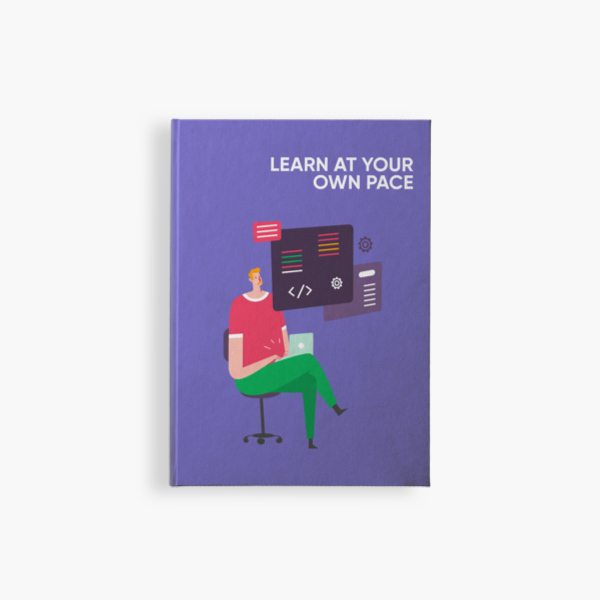 | 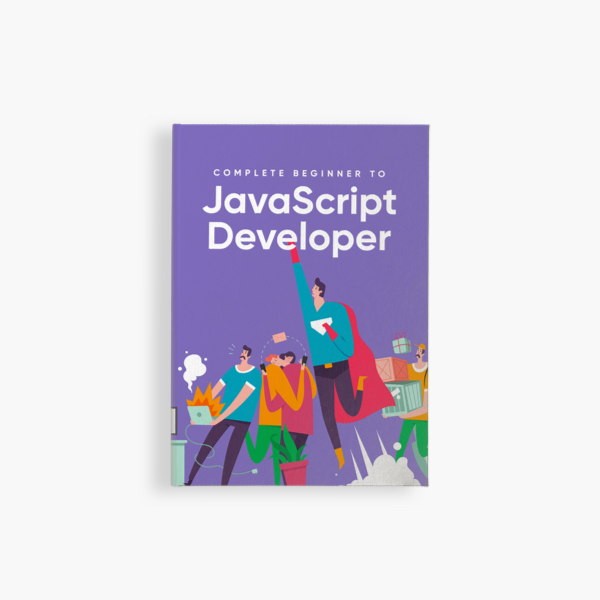 |  | 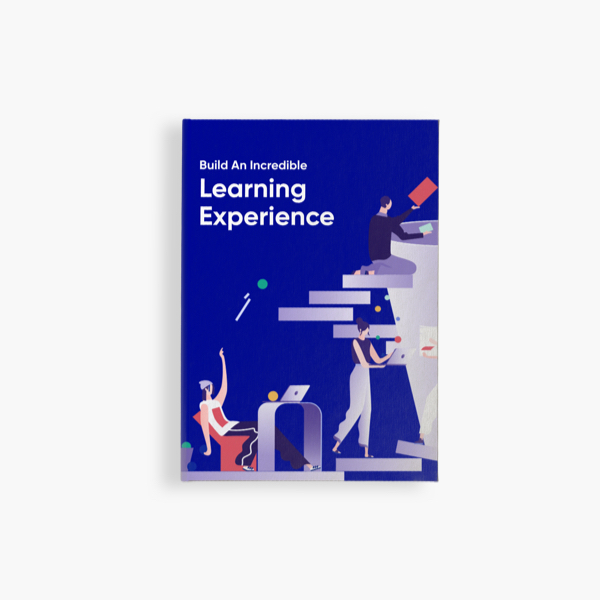 | 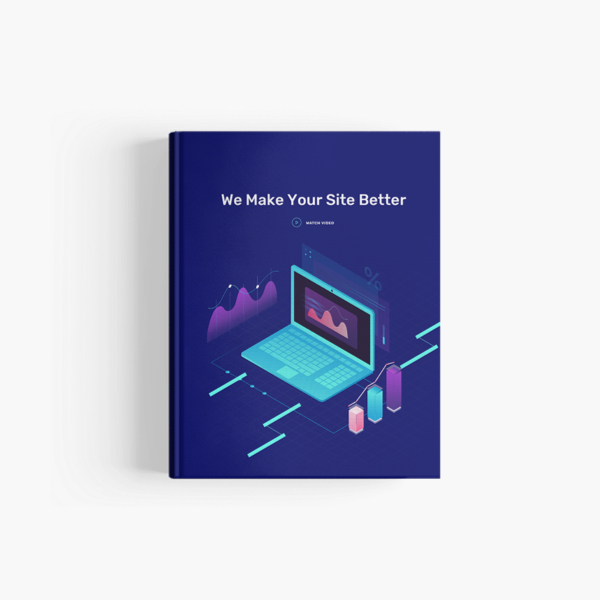 | 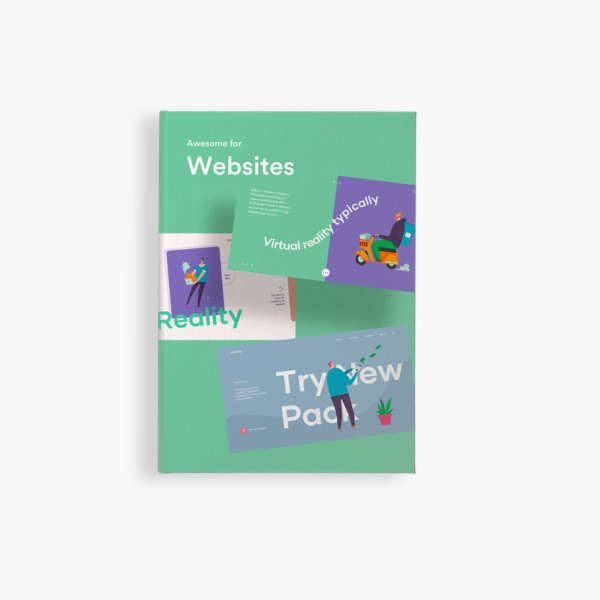 |
| SKU | MCB-005 | MCB-009 | MCB-008 | MCB-004 | MCB-002 | MCB-007 |
| Rating | ||||||
| Price | $64.00 | $55.00 | $67.00 | $59.00 | $69.00 | $52.00 |
| Stock | ||||||
| Availability | ||||||
| Add to cart | ||||||
| Description | This book is not just about learning to program; although you will learn to code. If you want to program professionally, it is not enough to learn to code; that is why, in addition to helping you learn to program, I also cover the rest of the things you need to know to program professionally that classes and books don't teach you. "The Self-taught Programmer" is a roadmap, a guide to take you from writing your first Python program, to passing your first technical interview. | What do flashlights, the British invasion, black cats, and seesaws have to do with computers? In CODE, they show us the ingenious ways we manipulate language and invent new means of communicating with each other. And through CODE, we see how this ingenuity and our very human compulsion to communicate have driven the technological innovations of the past two centuries. | This book is a practical guide for any student considering enrollment in, currently enrolled in, or recently graduated from an online course. The authors, both with substantial online teaching and learning experience as well as seasoned professionals, deliver concise guidance to make the online learning journey enjoyable, productive, and most of all, worthwhile. | For many student teachers the prospect of facing their first classroom experience is overwhelming. This book presents a realistic view of what they will face in the classroom, but also provides them the skills they need to become reflective, professional teachers in their own right. | The last three decades have marked an era of technological upheaval as frenetic and groundbreaking as there ever has been. From early desktop computers and mobile phones to virtual reality: the web is now virtually inseparable from all facets of human interaction and daily life. But it wasn’t always funny cat videos and sleek interfaces. website, the first ‘upload-your-face’ website, the first site to incorporate a mobile phone, the first ever YouTube-like “website”, and many more. | All our lives are constrained by limited space and time, limits that give rise to a particular set of problems. What should we do, or leave undone, in a day or a lifetime? How much messiness should we accept? What balance of new activities and familiar favorites is the most fulfilling? These may seem like uniquely human quandaries, but they are not: computers, too, face the same constraints, so computer scientists have been grappling with their version of such problems for decades. And the solutions they've found have much to teach us. |
| Content | This book is not just about learning to program; although you will learn to code. If you want to program professionally, it is not enough to learn to code; that is why, in addition to helping you learn to program, I also cover the rest of the things you need to know to program professionally that classes and books don't teach you. "The Self-taught Programmer" is a roadmap, a guide to take you from writing your first Python program, to passing your first technical interview. I am a self-taught programmer. After a year of self-study, I learned to program well enough to land a job as a software engineer II at eBay. Once I got there, I realized I was severely under-prepared. I was overwhelmed by the amount of things I needed to know but hadn't learned yet. My journey learning to program, and my experience at my first job as a software engineer were the inspiration for this book. | What do flashlights, the British invasion, black cats, and seesaws have to do with computers? In CODE, they show us the ingenious ways we manipulate language and invent new means of communicating with each other. And through CODE, we see how this ingenuity and our very human compulsion to communicate have driven the technological innovations of the past two centuries. Using everyday objects and familiar language systems such as Braille and Morse code, author Charles Petzold weaves an illuminating narrative for anyone who’s ever wondered about the secret inner life of computers and other smart machines. | This book is a practical guide for any student considering enrollment in, currently enrolled in, or recently graduated from an online course. The authors, both with substantial online teaching and learning experience as well as seasoned professionals, deliver concise guidance to make the online learning journey enjoyable, productive, and most of all, worthwhile. Major topics include how to identify the best online program; comparing online with traditional education programs; finding an ideal work-life balance; managing time and staying organized; how to form good habits to maximize your chances for success; getting the most out of an online learning environment; and using your online education to succeed in your career. As the singular guide to success as an online learner, this practical book serves as the essential desk reference for every online student. | For many student teachers the prospect of facing their first classroom experience is overwhelming. This book presents a realistic view of what they will face in the classroom, but also provides them the skills they need to become reflective, professional teachers in their own right. Early Childhood Learning Experience: Learning to Teach Well is a combination of an informational text and workbook-like exercises that encourage self-reflection and ways for each student to get the most out of their fieldwork experience. It includes features from real student teachers as well as from current mentor teachers. Developmentally and culturally appropriate practices are woven throughout the text to ensure readers are aware of national standards for programs and practices. | The last three decades have marked an era of technological upheaval as frenetic and groundbreaking as there ever has been. From early desktop computers and mobile phones to virtual reality: the web is now virtually inseparable from all facets of human interaction and daily life. But it wasn’t always funny cat videos and sleek interfaces. This collection is a visual journey through time, gathering the very earliest examples of what we today take for granted: the first website to use surround sound, the first drag-and-drop navigation, the first page-turn effect, the first website to use seamless video integration, the first viral site, the first parallax website, the first ‘upload-your-face’ website, the first site to incorporate a mobile phone, the first ever YouTube-like “website”, and many more. | A fascinating exploration of how computer algorithms can be applied to our everyday lives, helping to solve common decision-making problems and illuminate the workings of the human mind. All our lives are constrained by limited space and time, limits that give rise to a particular set of problems. What should we do, or leave undone, in a day or a lifetime? How much messiness should we accept? What balance of new activities and familiar favorites is the most fulfilling? These may seem like uniquely human quandaries, but they are not: computers, too, face the same constraints, so computer scientists have been grappling with their version of such problems for decades. And the solutions they've found have much to teach us. |
| Weight | ND | ND | ND | ND | ND | ND |
| Dimensions | ND | ND | ND | ND | ND | ND |
| Additional information |

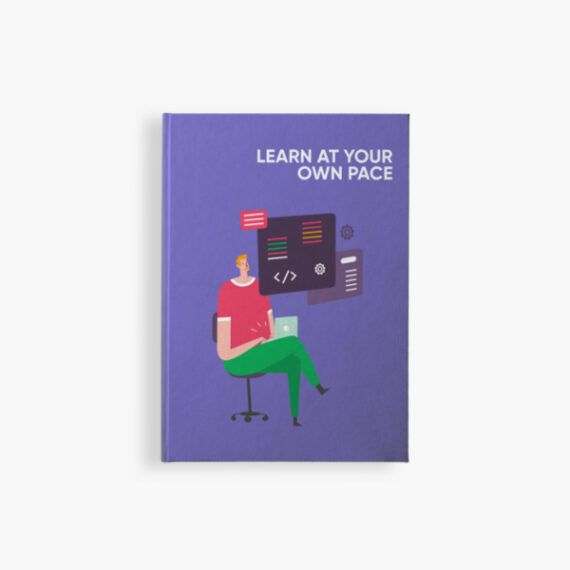
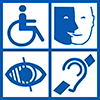
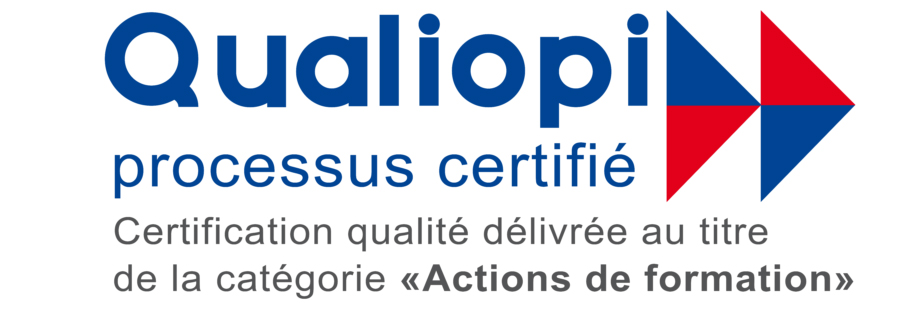

Reviews
There are no reviews yet.